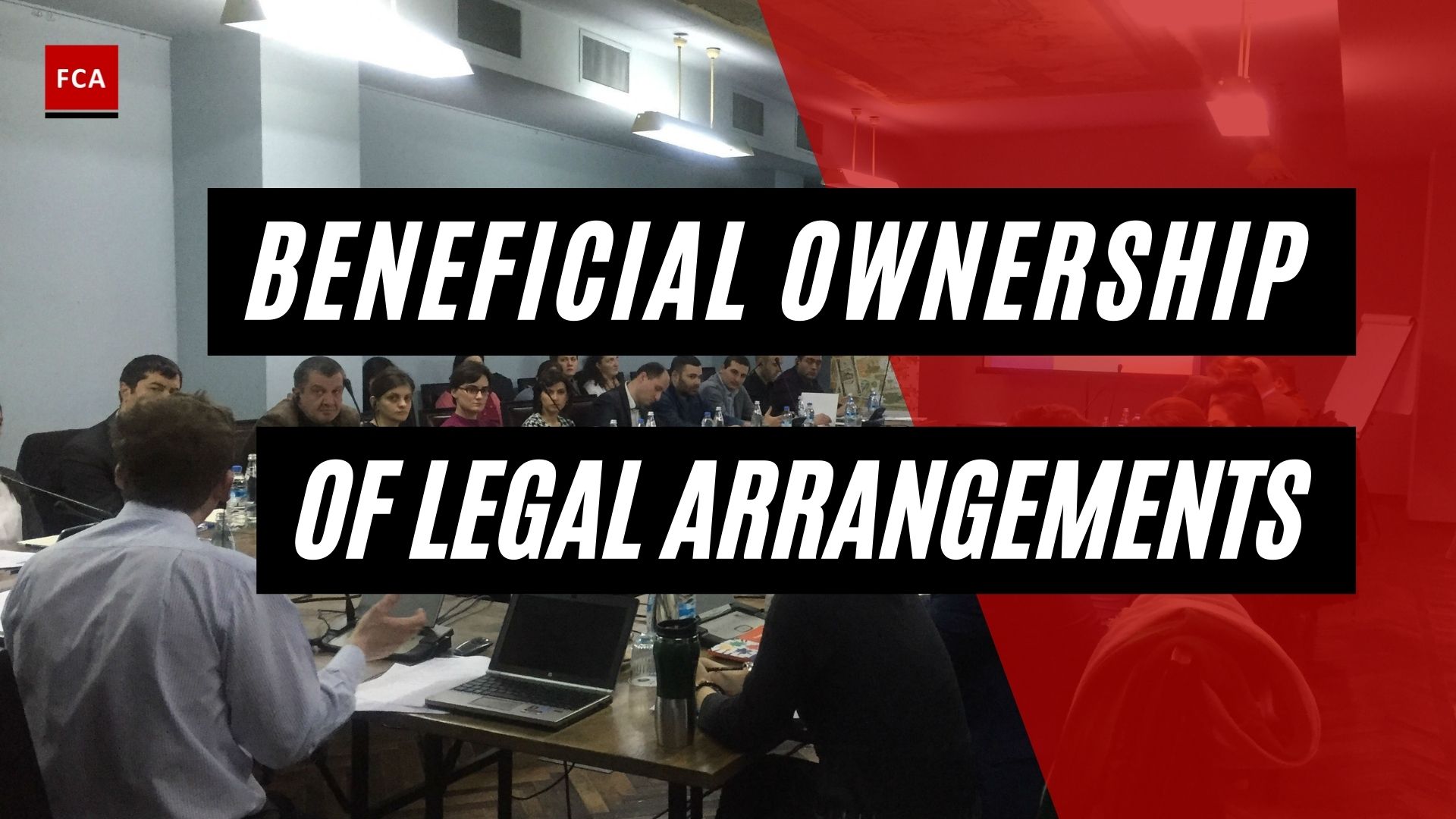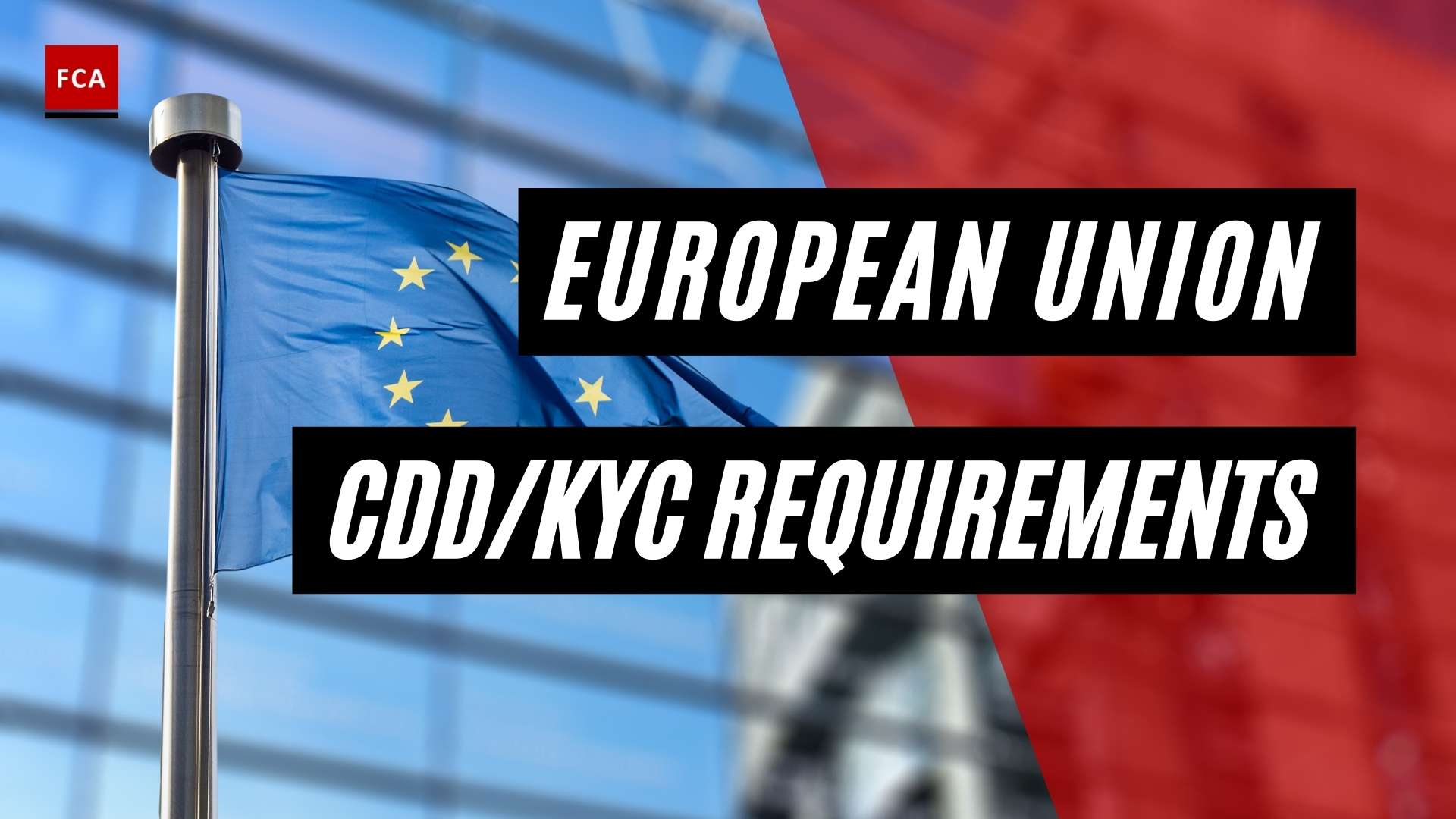The continued EDD measures in certain circumstances. Continuously updated due diligence methods are frequently included in the Compliance Program and AML/KYC regulations. The goal is to establish a strong compliance culture and to continuously monitor and evaluate any ML/TF issues, particularly those involving high-risk category consumers. EDD processes are being implemented to prevent ML/TF events and safeguard the company from reputational and financial harm.

Continued EDD Measures In Certain Circumstances
The continuous and increased due diligence allows for the timely detection of potential ML/TF threats and reporting associated occurrences to the appropriate regulatory authorities. The AML team and the MLRO are in charge of ensuring that a continual enhanced due diligence monitoring mechanism is in place to guarantee that ML/TF risks associated with high-risk category customers are recognized and examined as soon as possible.
The continued EDD measures taken by the organization are as follows:
- obtaining additional information about the customer and beneficial owner to ensure that current profile and information are maintained by the organization related to the occupation, volume of assets, sources of income, and so on;
- obtaining additional information on the intended nature and purpose of the business relationship, to ensure that previously recorded information and profile are relevant for the organization;
- obtaining information on the current source/s of funds or source of wealth of the customer;
- obtaining information on the reasons for intended or performed transactions, especially when the transactions differ from the history or trend identified through a review of past transactions;
- obtaining the approval of senior management, to commence or continue the business relationship, in cases when the transactions and customers are found high-risk or unusual transactions are identified in the customers’ accounts;
- conducting enhanced monitoring of the business relationship by increasing the number and timing of internal AML/ KYC controls applied and further examination to be performed.
CDD Measures
Financial institutions are required, concerning foreign politically exposed persons (PEPs) (whether as a customer or beneficial owner), in addition to performing normal customer due to diligence measures, to:
- have appropriate risk-management systems to determine whether the customer or the beneficial owner is a politically exposed person;
- obtain senior management approval for establishing (or continuing, for existing customers) such business relationships;
- take reasonable measures to establish the source of wealth and source of funds; and
- conduct enhanced ongoing monitoring of the business relationship.
Continued Due Diligence For PEPs
As per FATF, the financial institutions are required to take reasonable measures to determine whether a customer or beneficial owner is a domestic PEP or a person who is or has been entrusted with a prominent function by an international organization. For higher-risk business relationships with such persons, the financial institutions must obtain senior management approval for establishing such business relationships, take reasonable measures to establish the source of wealth and source of funds; and conduct enhanced ongoing monitoring of the business relationship.
The requirements for all types of PEP should also apply to family members or close associates of such PEPs. For all high-risk category customers, the organization must apply the ongoing enhanced due diligence measures, such as for the NGOs, Charitable Organizations, Correspondent Banking relationships, and so on.

Continued Due Diligence For Correspondent Banking Relationships
In the case of correspondent banking relationships, which are usually considered as the high-risk relationship between the correspondent bank and the respondent bank, to avoid the ML/TF risks and transactions, it is recommended that correspondent banks perform additional and continued due diligence measures concerning the cross-border correspondent banking. Such additional measures include the following:
- assessing the respondent bank’s AML or CFT controls; and
- concerning payable-through accounts, becoming satisfied with the respondent bank’s CDD conducted on customers having direct access to the respondent bank and that it can provide relevant CDD information upon request to the correspondent bank.
Final Thoughts
Enhanced due diligence (EDD) is essentially what its name implies: the process of thoroughly investigating a higher-risk customer than you would others. It is best explained by drawing a comparison to standard customer due diligence (CDD). Standard due diligence, also known as know your customer (KYC), is an identity verification process that must be completed for each customer with whom a company does business.
EDD entails using a risk-based approach to further investigate certain clients’ identities and gathering additional information on their reputation and history. EDD is only required for clients who have been identified as having a high risk of being involved in financial crimes such as money laundering.








